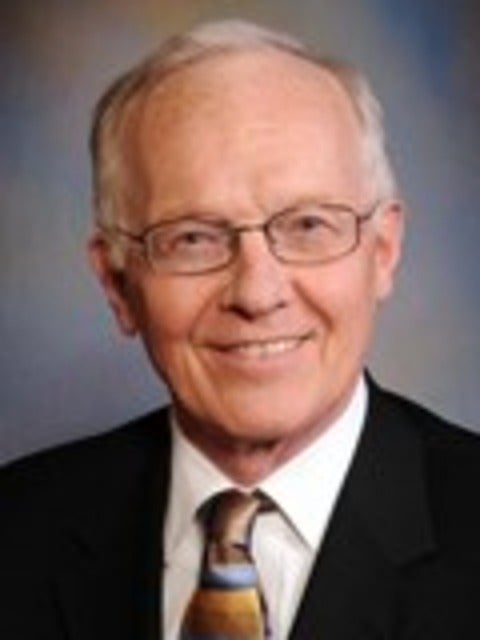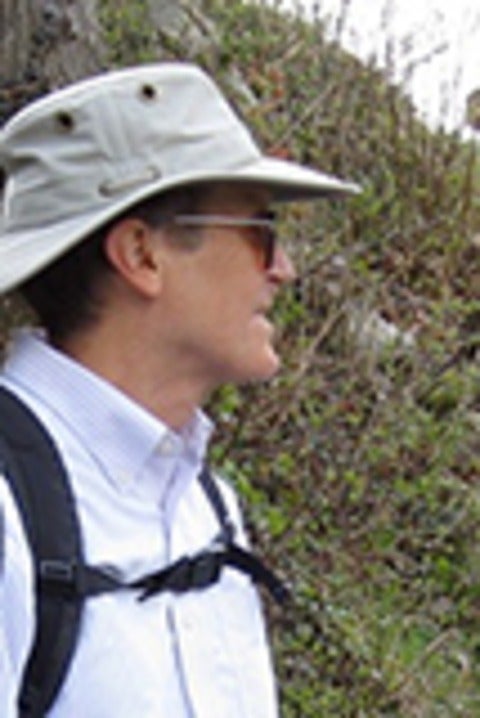Chip Elliott: Quantum Frontiers Distinguished Lecture Series: Can we speak – privately? Quantum cryptography in a broader context
It’s often useful to have a private conversation within a public world. What role can quantum cryptography play in keeping conversations private? Sometimes described as providing “unconditional security guaranteed by the laws of quantum physics,” its security implications are both tantalizing and surprisingly elusive. This talk introduces quantum cryptography and describes the speaker’s experience creating several types of quantum cryptography equipment, within the broader context of mainstream cryptography and secure communications.
Biography

 Ottawa and National Research Council of Canada
Ottawa and National Research Council of Canada
 A fellow of both the American Physics Society and the American Association for the Advancement of Sciences, John R. Kirtley is known for developing novel techniques based on scanning Superconducting QUantum Interference Device (SQUID) microscopy.
A fellow of both the American Physics Society and the American Association for the Advancement of Sciences, John R. Kirtley is known for developing novel techniques based on scanning Superconducting QUantum Interference Device (SQUID) microscopy.